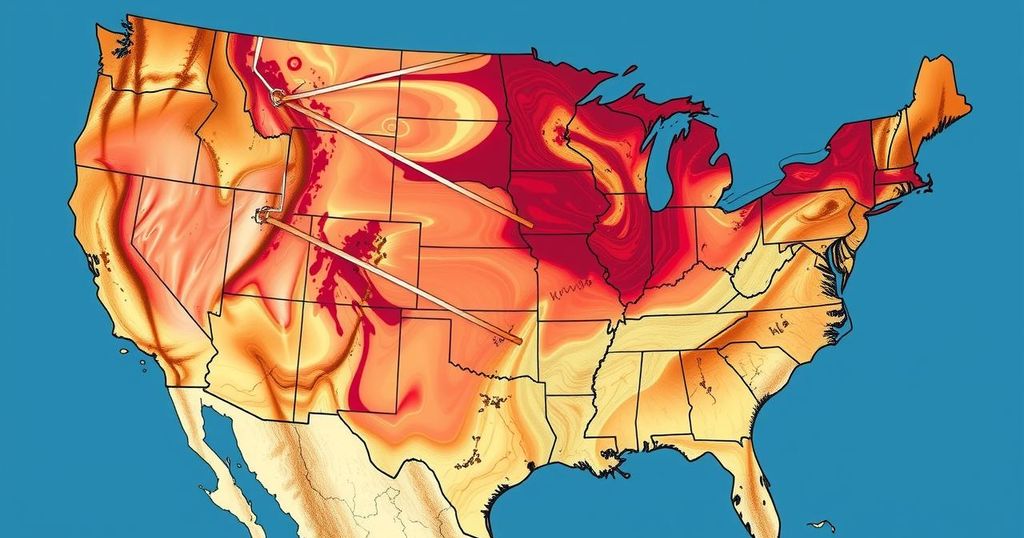Impending Changes in American Climate Policy and Global Implications
Recent shifts in American climate policy point toward a potential withdrawal from the Paris Agreement with Donald Trump’s return to the presidency. This could further fracture international coordination on climate change, especially affecting developing nations that depend on consistent commitments from wealthier countries. The ongoing volatility underscores the need for innovative, decentralized climate action strategies to ensure resilience in the face of political unpredictability.
The dynamics of American climate policy continue to reflect significant volatility with the impending return of Donald Trump to the U.S. presidency in January 2025. This situation raises alarms within the international climate community as it forebodes the possibility of another withdrawal from the Paris Agreement, reminiscent of Trump’s initial exit in 2017. Such a move could undermine global climate cooperation and further complicate the already delicate alignment among nations regarding climate action.
This discussion stems from a broader historical context of fluctuating U.S. commitments to international climate agreements. The United States initially joined the Paris Agreement in 2016 under President Barack Obama, showcasing a commitment first towards climate leadership. However, Trump’s election signaled a retreat from these responsibilities, which was followed by President Joe Biden’s attempt to re-establish this credibility upon taking office. The response from the Global South highlights the concern that these international commitments are often perceived as discretionary based on the political climate in the U.S.
In conclusion, the possible ramifications of the U.S. political climate on global climate policy may reinforce the notion that actions taken by wealthy nations reflect economic considerations rather than genuine commitments to environmental stewardship. Developing nations, especially those hardest hit by climate change, find themselves at a crossroads, contemplating new strategies for climate resilience that do not rely on unpredictable support from the wealthiest countries. Hence, as global cooperation faces unprecedented challenges, the need for decentralized approaches could be paramount in addressing the impending climate crises.
Original Source: www.ipsnews.net




Post Comment